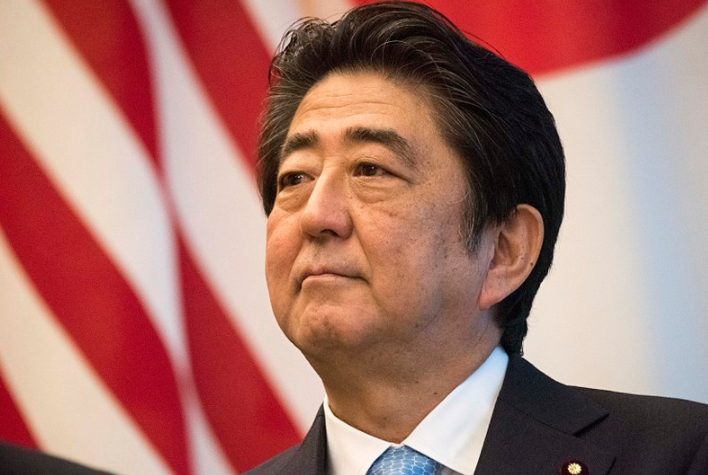According to Abe, more than six years have passed since the Great East Japan earthquake, which took place on March 11, 2011, so he demands that restrictions on the import of Japanese products be removed on the basis of scientific research.
The prime minister stressed that Japan in 2017 will supply rice to Laos and Myanmar as part of the ASEAN plus three food security program.
In March 2011, after the tsunami hit at the Fukushima-1 nuclear power plant, the local power supply and cooling systems failed, resulting in the melting of nuclear fuel in three reactors, which was accompanied by explosions and emissions of radiation into the atmosphere. The territories adjacent to the nuclear power plant were contaminated, the authorities evacuated about 80 thousand people.
After the accident, some countries decided to impose restrictions on imports of agricultural goods and seafood from certain areas of Japan, which are located in the north-east of the main island of Honshu.
After a while, a number of countries abolished these restrictions, but so far some countries have maintained overstated requirements for products from Japan, although Tokyo insists that the products are completely safe.
In early 2017, the authorities of the prefecture of Fukushima published a report that fish and other seafood caught near its shores are safe. The head of the Japanese government is trying to prove this in his own example, eating rice from Fukushima.
source: reuters.com
The prime minister stressed that Japan in 2017 will supply rice to Laos and Myanmar as part of the ASEAN plus three food security program.
In March 2011, after the tsunami hit at the Fukushima-1 nuclear power plant, the local power supply and cooling systems failed, resulting in the melting of nuclear fuel in three reactors, which was accompanied by explosions and emissions of radiation into the atmosphere. The territories adjacent to the nuclear power plant were contaminated, the authorities evacuated about 80 thousand people.
After the accident, some countries decided to impose restrictions on imports of agricultural goods and seafood from certain areas of Japan, which are located in the north-east of the main island of Honshu.
After a while, a number of countries abolished these restrictions, but so far some countries have maintained overstated requirements for products from Japan, although Tokyo insists that the products are completely safe.
In early 2017, the authorities of the prefecture of Fukushima published a report that fish and other seafood caught near its shores are safe. The head of the Japanese government is trying to prove this in his own example, eating rice from Fukushima.
source: reuters.com





